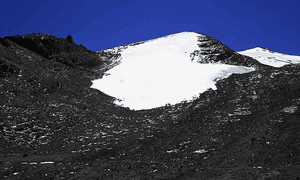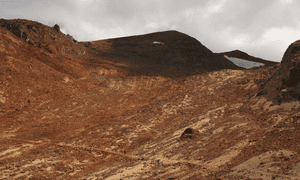R
rdean
Guest
http://www.nytimes.com/2015/11/18/s...d-on-water-from-shrinking-snowpacks.html?_r=0
“Water managers need to prepare themselves for the worst outcome,” Dr. Mankin said. The public can help mitigate threats to snowpacks by limiting contributions of greenhouse gas emissions, he added.
--------------------------------
How ridiculous. Don't USMB scientists tell us snowpacks are growing? Who wants to listen to liberals. Name one thing Republicans have been wrong about in the last 30 years.
“Water managers need to prepare themselves for the worst outcome,” Dr. Mankin said. The public can help mitigate threats to snowpacks by limiting contributions of greenhouse gas emissions, he added.
--------------------------------
How ridiculous. Don't USMB scientists tell us snowpacks are growing? Who wants to listen to liberals. Name one thing Republicans have been wrong about in the last 30 years.


